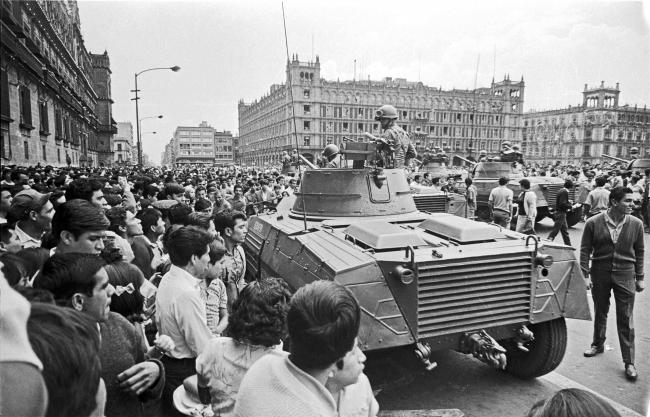Nigel Collett
Cross-posted from Asian Review of Books
On 6 November 2002, the Queen inaugurated the Commonwealth Memorial Gates and Memorial Pavilion at the Hyde Park Corner end of London’s Constitution Hill. The Gates are inscribed “In memory of the five million volunteers from the Indian sub-continent, Africa and the Caribbean who fought with Britain in the two World Wars” and the Pavilion’s ceiling is inscribed with the names of the seventy-four of those volunteers who won the George and Victoria Crosses. It had thus taken the British fifty-seven years to publicly recognize that without the men and women of the British Empire, Britain would not have survived the World Wars.
This seems now an extraordinary and unforgivable lapse, but the denial it manifests had begun to emerge even as even as the second of the two wars in question was still being fought. Bill Slim’s 14th Army, which defeated the Japanese in Burma in 1944 and 1945 and was about two-thirds Indian in composition, ruefully called itself “The Forgotten Army”, and at the time there was more than a little truth in that. In Allied strategy, in the supply of manpower and materiel, even in the newsreels shown at home of the fighting around the world, the theaters of war around the Indian sub-continent always took third place to the campaigns in Europe and the Pacific.
This comparative neglect was followed at the War’s end, and particularly as the Empire then ebbed, by a public and academic amnesia that relegated India’s massive contribution to the War to the memoirs of soldiers who had fought on its borders. As the Empire increasingly grew to be a subject of denigration, India’s contribution to both Wars became unfairly tainted by imperialism and was largely forgotten. Continue reading “India’s War: World War II and the Making of Modern South Asia”














You must be logged in to post a comment.